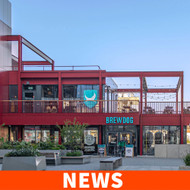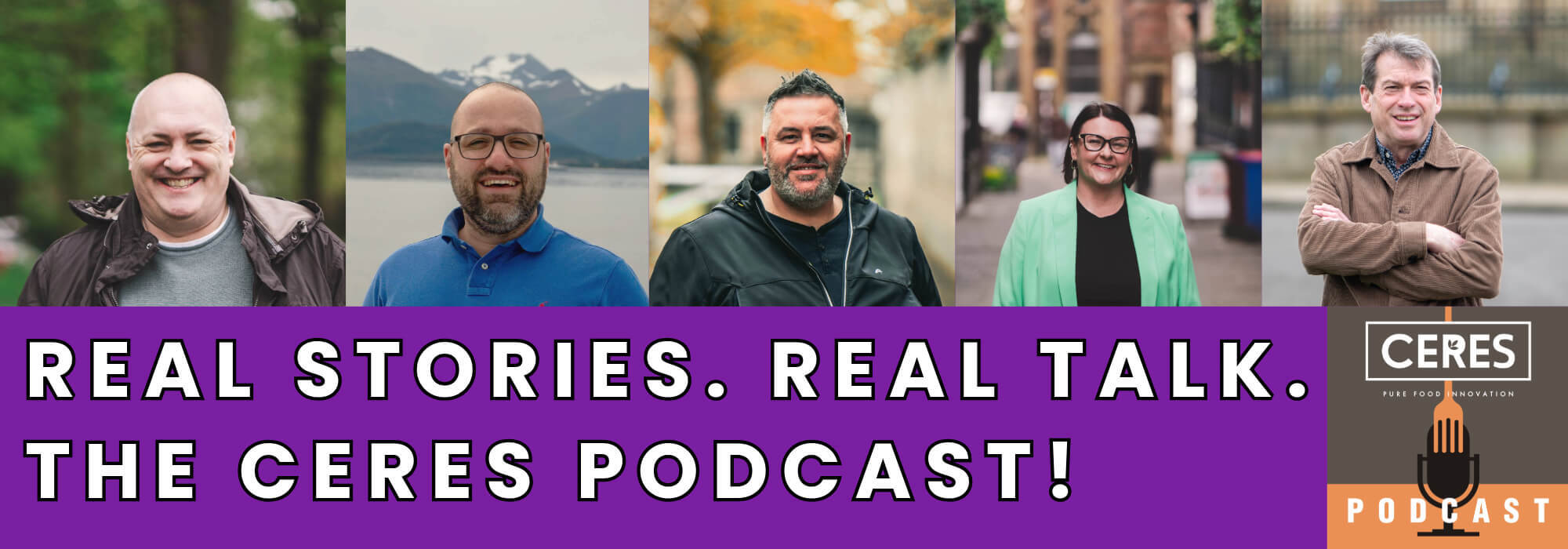Punk No More: How BrewDog’s Bold Ambitions Unravelled in a Tough Market
Posted by Emma on 6th Oct 2025 Reading Time:
BrewDog, once the poster child for Britain’s craft beer revolution, is facing its most sobering chapter yet. Following five consecutive years of losses totalling £148 million, the Aberdeenshire-based brewer has announced job cuts across the business, citing the need to “right-size” operations in an increasingly challenging market .
The decision follows a turbulent period marked by leadership upheaval, bar closures, and the quiet sale of its much-publicised environmental venture — the Kinrara “Lost Forest” estate. Together, these moves suggest a company not only contending with financial strain but also grappling with the fading lustre of its once-rebellious brand identity.
Financial Strain and Internal Upheaval
Chief executive James Taylor confirmed in an internal memo that the firm had begun “right-sizing parts of the business” to focus resources on areas of sustainable growth . The company has not disclosed how many jobs are at risk, though trade union Unite Hospitality is already supporting affected employees.
The move comes after BrewDog reported a pre-tax loss of £37 million for 2024, marking the fifth consecutive year without profit. Co-founder Martin Dickie departed earlier this year, citing personal reasons, while his long-time partner James Watt had already stepped back from the chief executive role in 2024, assuming a less hands-on “captain and co-founder” position .
These leadership shifts, coupled with the closure of ten UK bars — including BrewDog’s Aberdeen flagship — have fuelled questions about the brewer’s stability and future direction. The company’s beers have also been dropped from nearly 2,000 pubs, many owned by major chains, cutting distribution by more than a third .
The Lost Forest: A Green Vision That Withered
Perhaps the most symbolic indicator of BrewDog’s changing fortunes is its sale of the Kinrara estate in the Scottish Cairngorms — once the centrepiece of its ambition to become “carbon negative.” Purchased in 2020 for £8.8 million, the 9,300-acre property was to be transformed into a rewilded forest of three million trees, funded partly through sales of its “Lost Lager” .
But the project faltered. After a drought in 2023, around half of the 500,000 trees planted reportedly died. Environmental watchdogs accused BrewDog of poor planning, with campaigner Nick Kempe claiming the firm’s tree-planting methods dried out peat and released carbon rather than capturing it. The Advertising Standards Authority later ruled that BrewDog’s “carbon negative” claims were misleading .
By 2024, the company had abandoned its carbon-negative pledge and sold the land to Oxygen Conservation, a firm aiming to become the UK’s first £1 billion carbon credit seller. BrewDog said the sale allowed it to “hand over the reins to an organisation that specialises in protecting and investing in natural capital” — a diplomatic way of closing a failed chapter in its sustainability journey.
The Cultural and Market Shift
BrewDog’s troubles reflect more than poor financial management — they illustrate the shifting tastes and values of modern drinkers. The brand that once built its empire on “Punk IPA” and anti-establishment bravado is now repositioning itself around lower-ABV options such as Wingman, hoping to appeal to younger, health-conscious consumers.
The cultural landscape has moved on. The post-pandemic market has tightened, operating costs have surged, and hospitality employers have struggled with wage pressures and energy inflation. Meanwhile, consumers are drinking less alcohol — and when they do, they increasingly favour quality over volume.
For a company whose identity thrived on excess — bold flavours, brash marketing, and “drink punk” slogans — moderation presents a difficult pivot. Yet it may be essential for survival.
A Reckoning and a Reset
As BrewDog enters the final quarter of 2025, Taylor has called it a “critical period” with a “focused commercial plan” to drive the business forward . But the question remains: can the brewer reinvent itself without losing what made it iconic?
The fall of BrewDog is not just a corporate story — it’s a cautionary tale about the collision of ambition, image, and execution. From radical marketing stunts to climate pledges that overpromised, the brand that once captured the rebellious spirit of craft beer now faces the challenge of proving it can mature without going flat.
Whether the “punk” in BrewDog can survive its own growing pains will determine not only its financial future but also its place in the history of British brewing.





